How shall readers connect with those who write, and with their material? And how shall authors build a following?
It hardly matters what you do for a living, or which hobbies interest you, or which sports teams or movie stars or musical acts or authors you like—a social media presence is pretty much a given in modern life. Unless you live in under a rock, or you’re a seasoned citizen who never quite got the hang of them dang computer contraptions (in which case you’re not reading this anyway), you have at the very least a Facebook or Twitter account.
We communicate through the internet. That’s just the world we live in. Even if you only use it to “keep in touch” with that long lost brother who last phoned you in 1992, and who, on those rare occasions when he sees you, has to snap his fingers and scratch his head and say, “What was your name again?”
Yet it’s moved well beyond that. The internet is increasingly where we do business. We look for work on the internet, or seek potential new hires for our company. We study on the internet, or catch up with the news. And yep, we buy and sell on the internet.
Never has that been more evident than in the world of books. EBooks are revolutionizing the way we read and write. If you’re a booklover, you’re already finding old-fashioned bookstores harder to find—a trend that will continue. EBooks and eReaders are here to stay, and to that, brothers and sisters, I say, “Amen!”
For an author like me, it opens up a whole new world of possibilities. That’s the good news. The bad news is that I must now spend a lot of my time not writing, but reaching out to readers. It’s not that I don’t appreciate the opportunity to communicate with those who like my work. I do. I mean, seriously, what author doesn’t want to hear from readers how his work has affected their lives?
Nonetheless, it’s more work—another ball we must juggle… or ten.
It means I must not only embrace the new technologies, I must also educate myself on their proper use. Opinions vary so widely on how best to do this, it seems largely a matter of trial and error for most. However, some folks have already established some expertise in this arena, and they can help you. One of those is Dan Zarrella, whose blog I heartily recommend.
For readers, the new market also considerably changes the dynamics. If you want to keep up with what authors are offering, to remain apace of all that’s happening in the world of books you love, you’ll have to stay tuned-in to various online activities. One of the communities that’s most geared towards readers’ needs is Goodreads. Here, not only can you discover what’s new in the world of books, you can also find out what other readers—potentially millions of them—think about specific books, and engage with them in an interactive community. If you’re a true booklover, you need to be on Goodreads. And I say that not as an author, but as a fellow reader.
You can also peruse reviews at the big eBook retailers such as Amazon (for their Kindle) and Barnes & Noble (for their Nook).
Naturally, where readers go, writers must go. It’s not that we’re stalking readers, it’s just that… well… okay, we’re stalking readers. Really, we just want readers to know about our work. How else can they make an informed decision about whether or not to buy it?
I’ve set up my own Goodreads Author’s Page, as well as a Publisher’s Page for Evolved Publishing, our indie publishing business. I have an Amazon Author’s Page too. Yes, I have a presence at social media sites everywhere (well, seems like everywhere). As an author, I can’t escape it.
Then, of course, there’s this blog, which provides a more detailed and more personal forum to connect with folks. All part of doing business in the 21st century.
Yet what is enough? What is too much? Should I drive, drive, drive people to buy my books, constantly hammering them over the head? Pfft! Like that won’t send readers running to the hills! As a reader myself, I hate that kind of constant barrage.
No, I think a softer approach is required, a gentle touch—followed by huge portions of patience and perseverance. I’ll be talking about the “Soft Sell” in an upcoming blog post, so please stay tuned.
———-






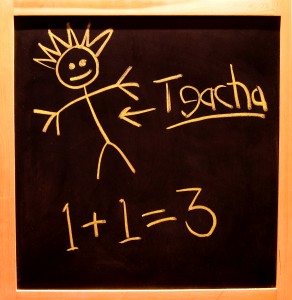
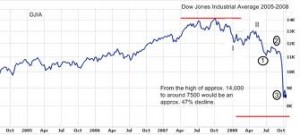

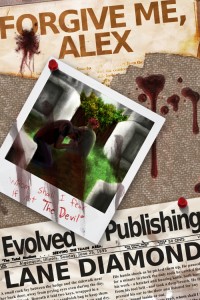

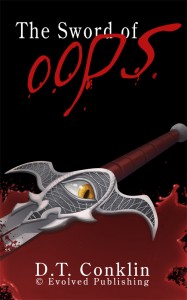
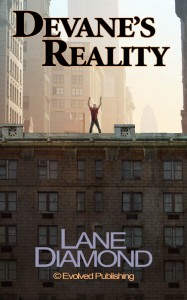

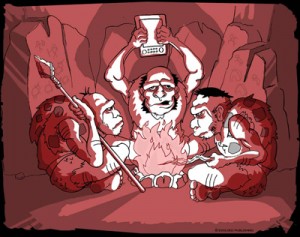




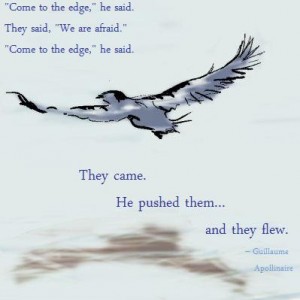
Please follow me here: